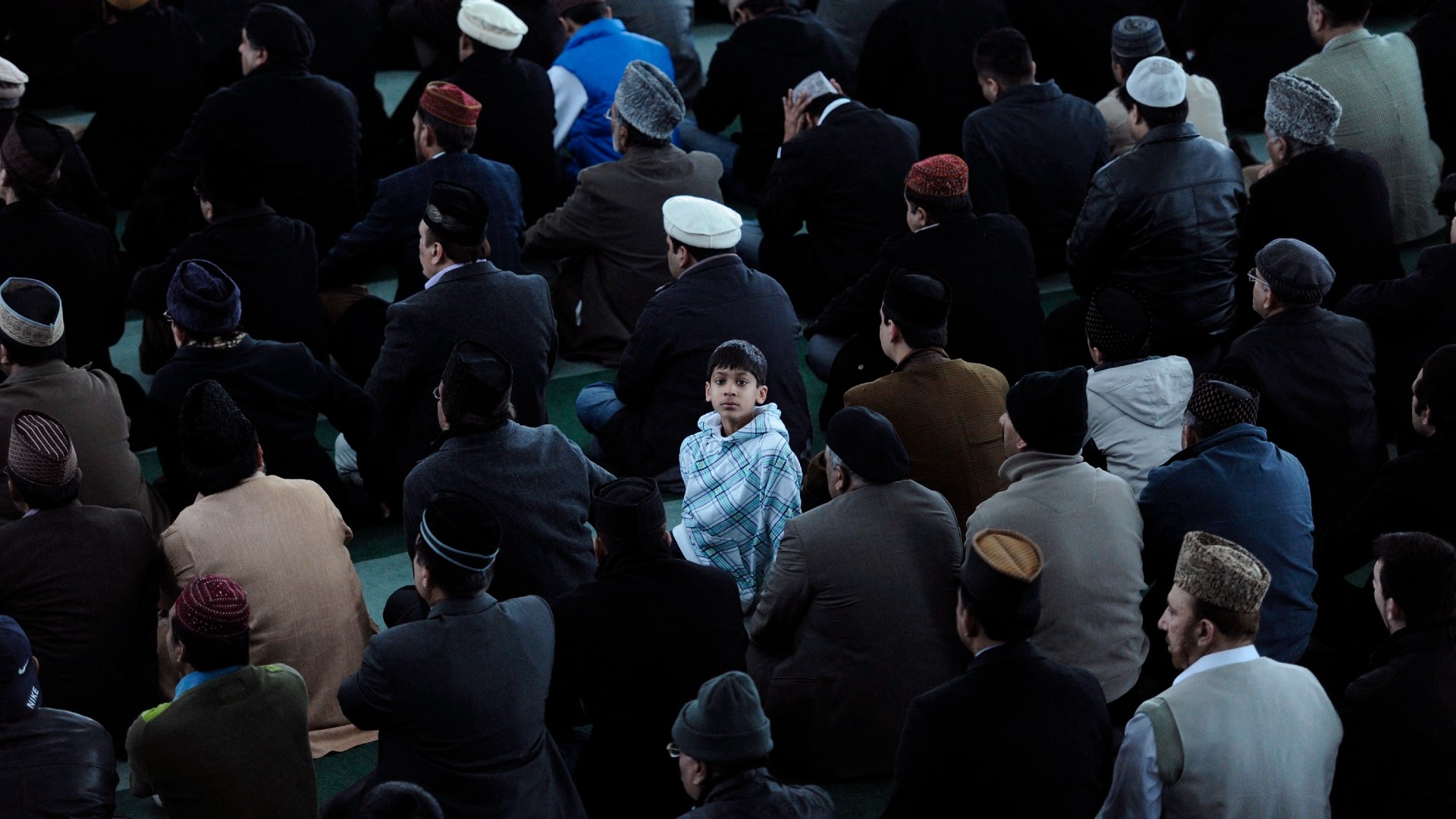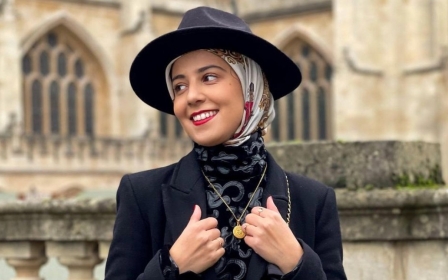Gen Z Muslims in UK have similar experiences to non-Muslims, except on religiosity

A new poll has found that young Muslims and non-Muslims in the UK hold largely similar views and have had similar experiences, including on Muslim representation, climate change, and personal finance. They only diverge on personal religious beliefs.
The survey interviewed around 2,000 British people aged between 16 and 24, of whom roughly half were Muslim and half were a representative sample of non-Muslims weighted by age, gender, region, and religion.
It found that 65 percent of "Generation Z" Muslims, born between the late 1990s and 2012, believed that UK media coverage of Muslims was not accurate, slightly higher than the 51 percent of non-Muslim Brits who concurred.
Meanwhile, 87 percent of Generation Z Muslims said that employers should offer Muslim employees time off work for the Eid festival - a statement 62 percent of non-Muslims agreed with.
Around half (48 percent) of young Muslim people were optimistic about dealing with the climate crisis, while a similar 45 percent of non-Muslims share that optimism.
New MEE newsletter: Jerusalem Dispatch
Sign up to get the latest insights and analysis on Israel-Palestine, alongside Turkey Unpacked and other MEE newsletters
On personal finance, the figures were nearly identical.
Half (52 percent) of young Muslims had some form of debt, while the figure was 56 percent for non-Muslim Brits.
Meanwhile, 58 percent of Muslims rated their financial situation as secure, as opposed to 56 percent nationally.
Two-thirds (66 percent) of Muslims believed they would own a property by the time they reach 30, while 62 percent of non-Muslim young people believed likewise.
The research was conducted by polling company Savanta from 6-21 February, and commissioned by Hyphen, an online publication focused on Muslims in the UK and Europe.
Religiosity and Islamophobia
Young British Muslims were more likely to participate in religious activities than their non-Muslim counterparts, according to the findings.
Nine in 10 (89 percent) of Muslims between 16 and 24 said they prayed at home, while 75 percent said they visited a mosque regularly.
Among non-Muslims, 64 percent said they rarely or never prayed at home, while 66 percent rarely or never visited a place of worship.
A significant proportion (81 percent) of young Muslims said religious leaders influenced their lives, while the figure was just 38 percent for non-Muslims.
On experiencing Islamophobia - a question only asked of Muslims - around half of young Muslims had experienced it in school (49 percent) or in a social setting (47 percent).
In both settings, women were more likely to have experienced Islamophobia than men.
Meanwhile, 45 percent of young Muslims said they identified more with being Muslim than British, while only eight percent said the opposite, and 43 percent identified with both equally.
“What we can deduce is that [Generation Z] UK Muslims view their faith and national identity as intertwined,” said Burhan Wazir, editor of Hyphen.
“They live in a country which they regard as diverse and they enjoy the freedom to express their identity and beliefs, which all help in giving them the confidence to assert their full identity.”
He added that the survey demonstrated the “shared living experience” of young British Muslims and non-Muslims.
Middle East Eye delivers independent and unrivalled coverage and analysis of the Middle East, North Africa and beyond. To learn more about republishing this content and the associated fees, please fill out this form. More about MEE can be found here.




